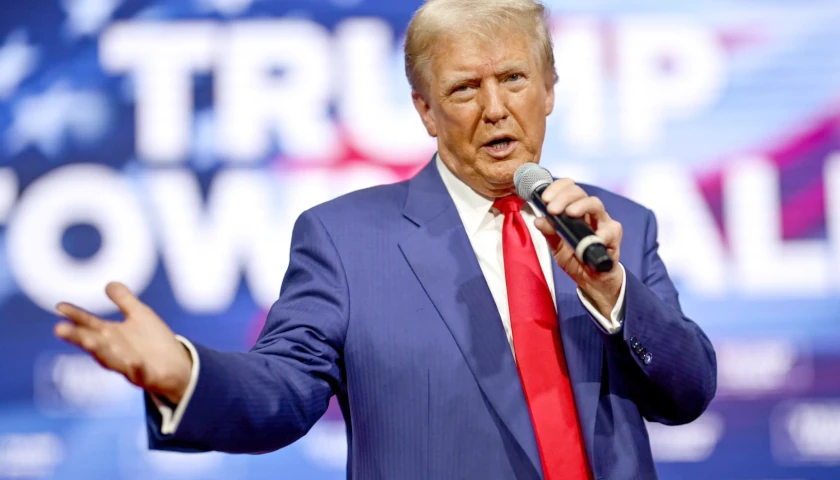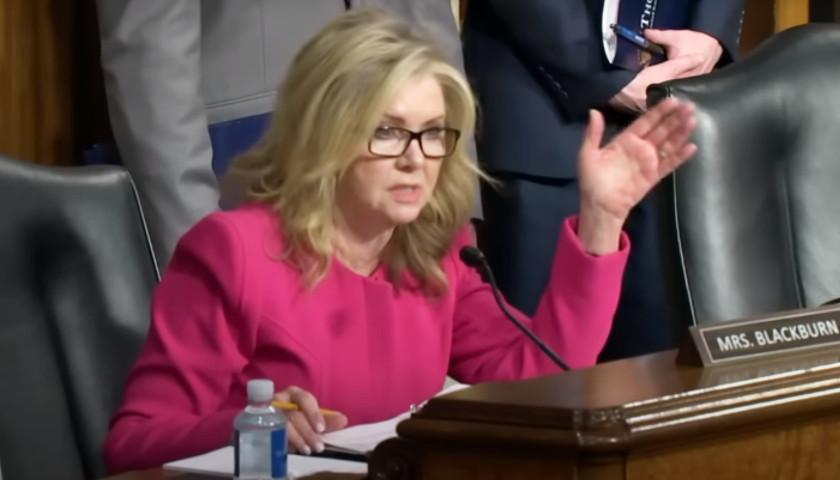While State Senator and Senate Majority Leader Mark Norris (R-Collierville) is awaiting US Senate confirmation to become the next United States District Judge for the Western District of Tennessee, he will continue to serve his constituents in state Senate district 32.
“I’m not going to resign the seat which my constituents have elected me or this leadership for which you elected me.” Norris told the Tennessean. “It’s very constructive to be crucified for the sins of others, to see what other people who demonize us say about us and how they see us.”
Mark Norris was tapped by the Trump Administration in July 2017 to fill the federal judgeship that was vacated a few months prior in March.
“I am honored by the nomination and appreciate the President’s confidence in me,” he said at the time. “This is just the first step under the Constitution, and I look forward to the Senate confirmation process. In the meantime, I will continue to serve the citizens of the 32nd District who elected me to the Senate and my Senate colleagues who elected me as their Leader.”
Five months later, Norris’ judicial nomination was supported by a 11-9 party-line vote by the Senate Judiciary Committee at the end of 2017. But despite other Tennessee nominees confirmed earlier this month – Memphis lawyer Tommy Parker, a former assistant U.S. district attorney, for a seat on the U.S. District Court for West Tennessee and Nashville lawyer William “Chip” Campbell for a U.S. District Court of Middle Tennessee – Norris was not included.
Like the failed nomination of fellow State Senator Mark Green to Army Secretary, the reason for the delay may be dues to a barrage of attacks by Democrats, who are targeting Mark Norris for his strong conservative record in the Tennessee Senate:
All nine Democrats on the committee voted against Norris, who received numerous questions during his nomination process on his support of bills taking conservative stances on issues from abortion to gay marriage.
In questions submitted in writing following his nomination hearing, Feinstein pushed Norris to explain his support of a 2009 amendment to the state constitution that would give state lawmakers broad authority to change abortion laws. Tennessee voters approved the measure, but a federal judge ordered a recount excluding the votes in ballots that did not also include a choice for governor.
Tennessee’s appeal of the decision is still pending before the Sixth Circuit.
Norris also co-sponsored a bill that would have put stricter licensing requirements on abortion facilities. Tenn. Gov. Bill Haslam, a Republican, signed the bill in 2015, requiring facilities that perform more than 50 surgical abortions register as an “ambulatory surgical treatment center.”
When Feinstein pressed Norris on the legislation, he said he supported the bill as part of his job as a legislator and that he would be bound by the precedent of Roe v. Wade if approved to the federal bench.
Norris also supported a voter ID law in Tennessee in 2011, as well as another bill eliminating a requirement that people seeking to buy a gun in Tennessee provide a thumbprint. He also backed a 2004 law that defined marriage as between a man and a woman.
Norris’ languishing nomination to the federal bench is not without political consequences here in Tennessee. Elected for the fifth time in 2016, Norris’ term will end at the end of 2020.
Tennessee law says that if Norris resigns from the State Senate before March 29, a special election race would start on the August primary ballot with the primary winners advancing to the November general election. But the candidates’ filing deadline for that outcome is 12pm on April 5 – like the rest of the 2018 candidates – in order to qualify to appear on the August primary ballot.
However, if resigns State Senate seat after March 29, a special election is still in the offing, but with a candidates’ filing deadline of June 21. The candidates would still appear on the August primary ballot; only the campaign time would be shortened.
But if the US Senate drags its feet through the Spring and Norris resigns his State Senate seat after June 21, Republican Party’s executive committees in Shelby and Tipton Counties would select a candidate – using their own, established process – and the selected nominees would appear on the November 2018’s general election ballot.
State Senator Mark Norris was first elected to office in 1993, and served seven years on the Shelby County Commission. He was elected to the State Senate in 2000. In 2007, was elected to serve as the Republican majority leader of the Tennessee State Senate, where he has won re-election ever since.





